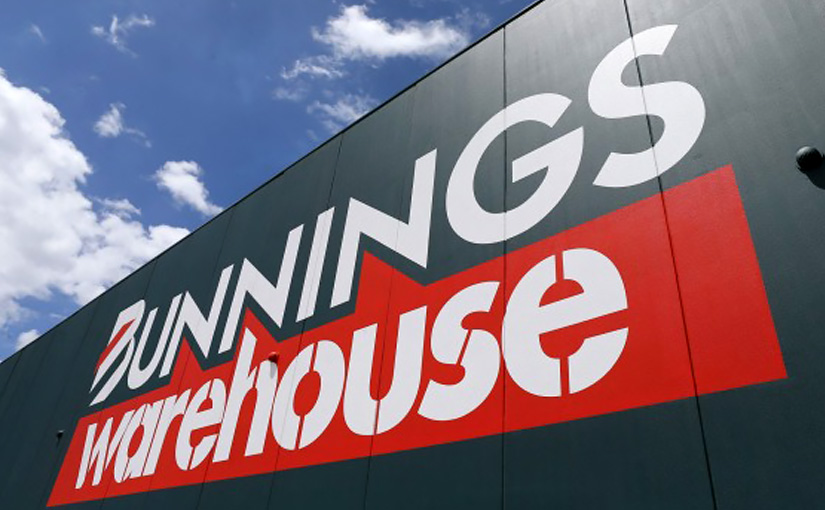The Commonwealth of Bunnings

Last week Wesfarmers announced that it has struck a deal to acquire UK home improvement and garden retailer Homebase with the intention of progressively refurbishing and rebranding its 265 stores as Bunnings. In doing so Wesfarmers will essentially be purchasing a readymade network which it advises is well placed in terms of store size and location, and has attractive lease structures. This is an exciting move for what is arguably our best retailer.
Thinking about what has made the Bunnings business model so successful in Australia we believe that the way that we live has been a key driver. That is to say we largely live in houses with a good mix between older stock that is due for renovation, and newer stock that has/ is being built on an ongoing basis and will progressively require renovation in the decades ahead. It’s harder to see their business model thriving to the same extent in places where people largely live in apartments and there is not the economic/ cultural support for home improvement (by cultural we mean renovation is a bit of a national past time and in a peculiar way is aspirational). Whilst there are some differences in the UK market, including smaller average living spaces and more interruption from weather which impacts lifestyle, these key characteristics are much the same.
Whilst the strategy of using the Bunnings brand was surprising at first, as it has little value in the UK at present, it seems that the existing Homebase brand has perception issues as a result of its product mix, the part of the market that it has historically targeted (more affluent sectors rather than broad-based) and poorer convenience and service. In this context a reset using the Bunnings brand and applying its exceptional approach in these areas makes sense. There is also an intention to target tradies which is not currently part of Homebase’s business proposition.
Other benefits include global procurement synergies and longer-term consolidation opportunities in the UK and Western Europe more broadly where the market is largely much more fragmented than in Australia.
This expansion is not without significant risk, the UK market is more competitive with lower margins and the largest player Kingfisher PLC (via the B&Q chain), looks to be a good operator and has a strong balance sheet. We have seen what can go wrong when foreign groups try to apply their strategy abroad with the Lowes inspired Masters chain. Nevertheless the strategy presented by Wesfarmers is compelling and we look forward to watching it play out in the years ahead.